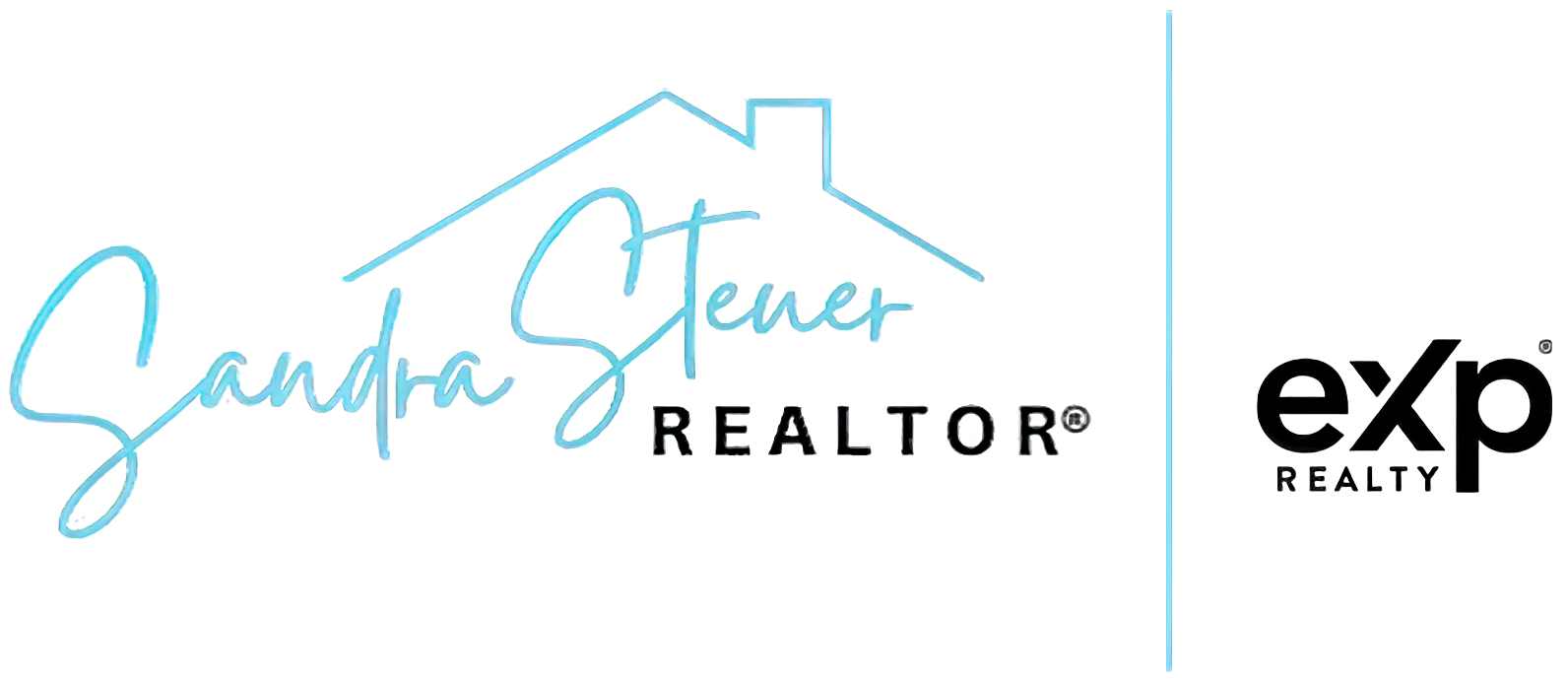What Sellers Should Know
In the dynamic world of real estate, there are numerous terms and concepts of interest to both sellers and buyers. One such concept that can occasionally cause confusion is “dual agency”. What exactly does it mean, and how can it impact the process of selling or purchasing a property? Let’s delve deeper into this.
What is Dual Agency?
Dual agency occurs when a realtor or real estate firm represents both the seller and the buyer of the same property. This means that the interests of both parties are represented by the same entity.
How Does It Happen?
Often, dual agency arises when a prospective buyer becomes interested in a property through the same realtor or firm that already represents the property’s seller. For instance, this might occur when a buyer and a seller independently hire the same agent and later discover they wish to conduct business with each other.
What Should You Do as a Seller?
If a dual agency scenario is anticipated, the realtor must inform both parties. Both the seller and buyer must provide written consent to the dual agency arrangement. It’s vital to understand that dual agency places unique demands on the agent, as they must fairly and justly represent both parties.
Benefits of Dual Agency
In some instances, dual agency can simplify and expedite the process since all involved parties collaborate closely, allowing for swift information exchange. There’s less “mediation” between the parties, which can lead to a more efficient process.
Final Thoughts
Dual agency is a compelling and sometimes beneficial concept in real estate. It’s crucial for sellers and buyers to be informed about this arrangement and know how to navigate it. Open communication with your realtor is key to ensuring your interests always remain a top priority.

